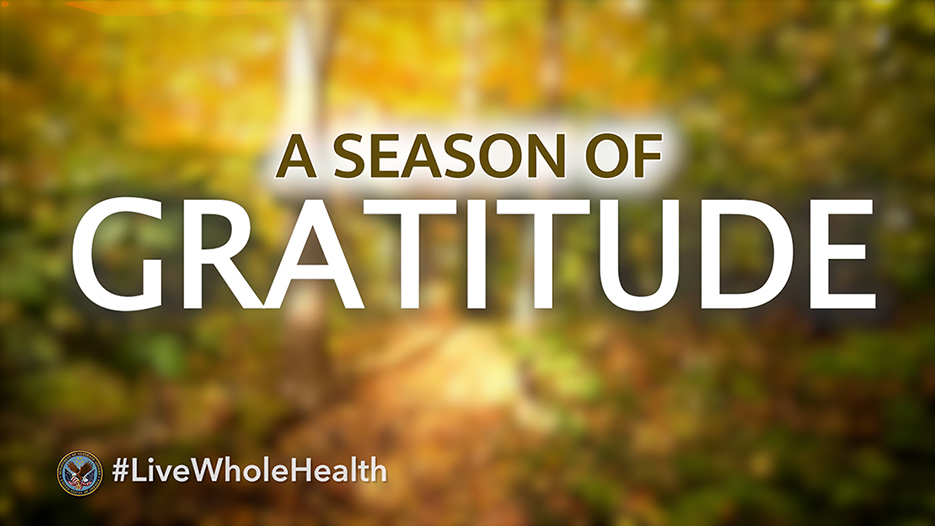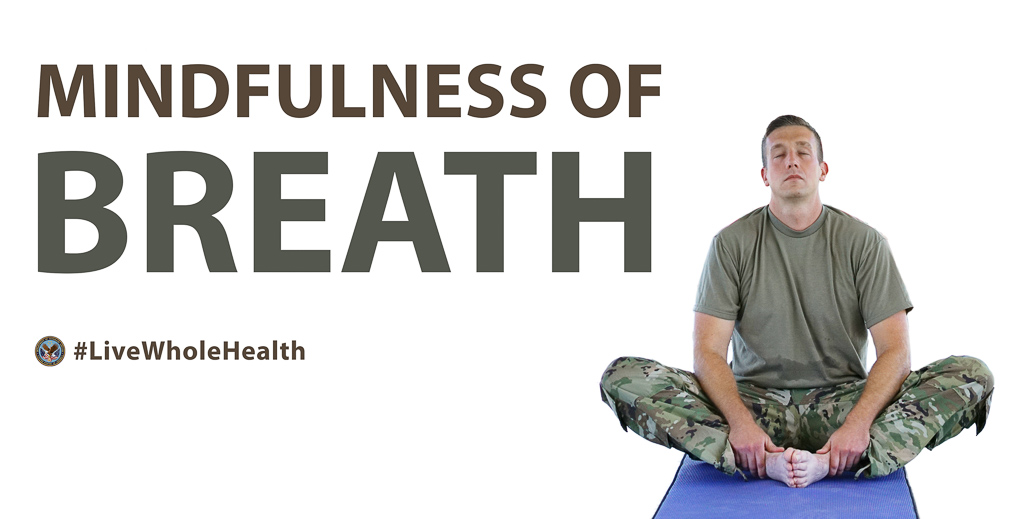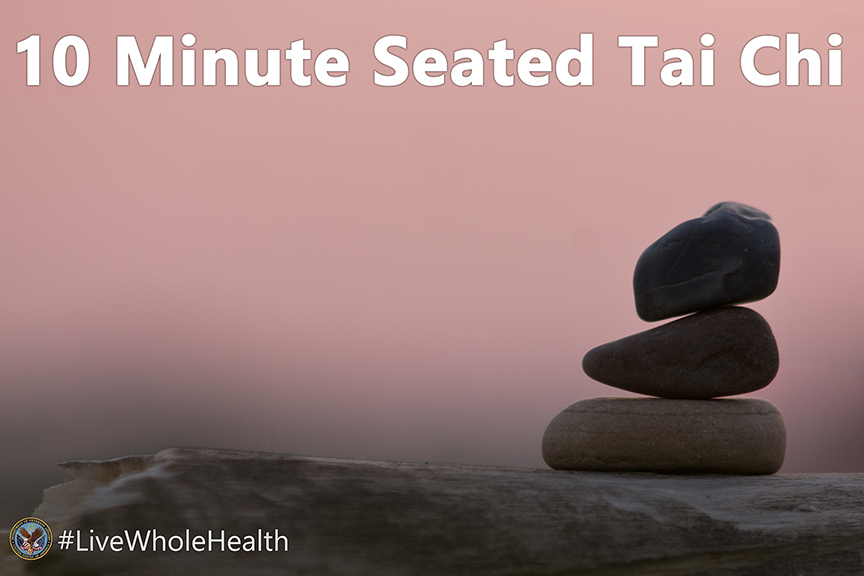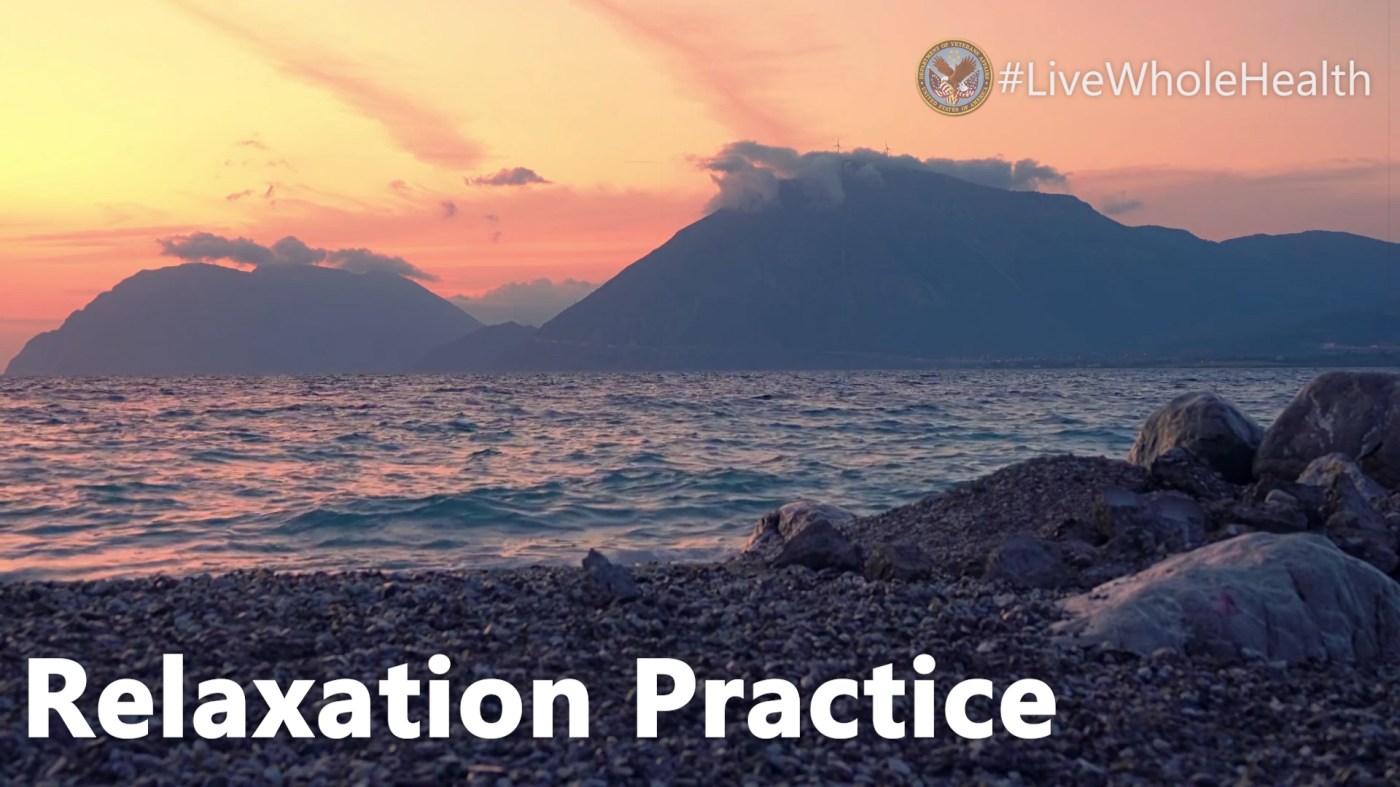As we approach Thanksgiving, some of us are more in tune with gratitude. We can recognize the goodness in our lives or realize the blessings in the world at large. In this season of gratitude, we can go beyond saying “thank you” by acknowledging all that has kept us going – especially during the pandemic.
Ask yourself this question: “What am I grateful for?” Allowing yourself to express gratitude could be offering an act of kindness, thanking a higher power, or connecting with a loved one to show appreciation.
Gratitude has benefits for whole person wellness. It increases “feel-good” emotions, immune response, and supports rest and recharge. Joy, senses of calm and optimism, can be developed through practicing gratitude. Studies show improvements in mood and personal relationships can also be an outcome of giving thanks.
During the Thanksgiving season, families, friends and communities come together. Some people host gatherings, while others serve in their communities to feed those in need. Being present and giving to others enhances our connections. These opportunities to engage develop our sense of gratitude and thankfulness. Imagine being content to the point that you’re seeing the good in every situation?
Gratitude practices can help make this vision a reality. It can easily become a part of your daily routine as you set an intention to be grateful. A gratitude journal includes writing down positive experiences or listing things of appreciation. Another practice is to meditate on three good things at the end of the day.
Join me in this five-minute meditation practice that will help you focus on gratitude.
Do you know that your relationships can have a positive impact on your life and health? Our interactions with friends, family, co-workers, pets and even ourselves can make our lives more meaningful. Learn more here.
Topics in this story
More Stories
Discover the power of your breath! Explore how mindful breathing can bring peace, ease your mind and enhance clarity in this week's #LiveWholeHealth video.
Find your center and calm your mind with seated Tai Chi ? Embrace the gentle flow of movements, even from the comfort of your chair.
Amid life's chaos, find solace within. Dive into a 10-minute iRest yoga nidra practice for relaxation and inner peace this week #LiveWholeHealth video.






